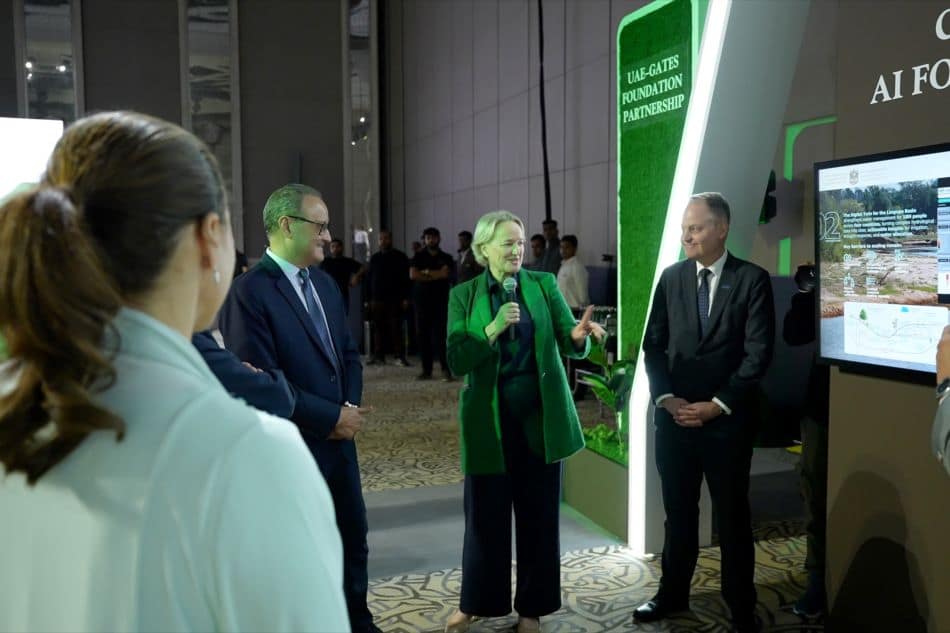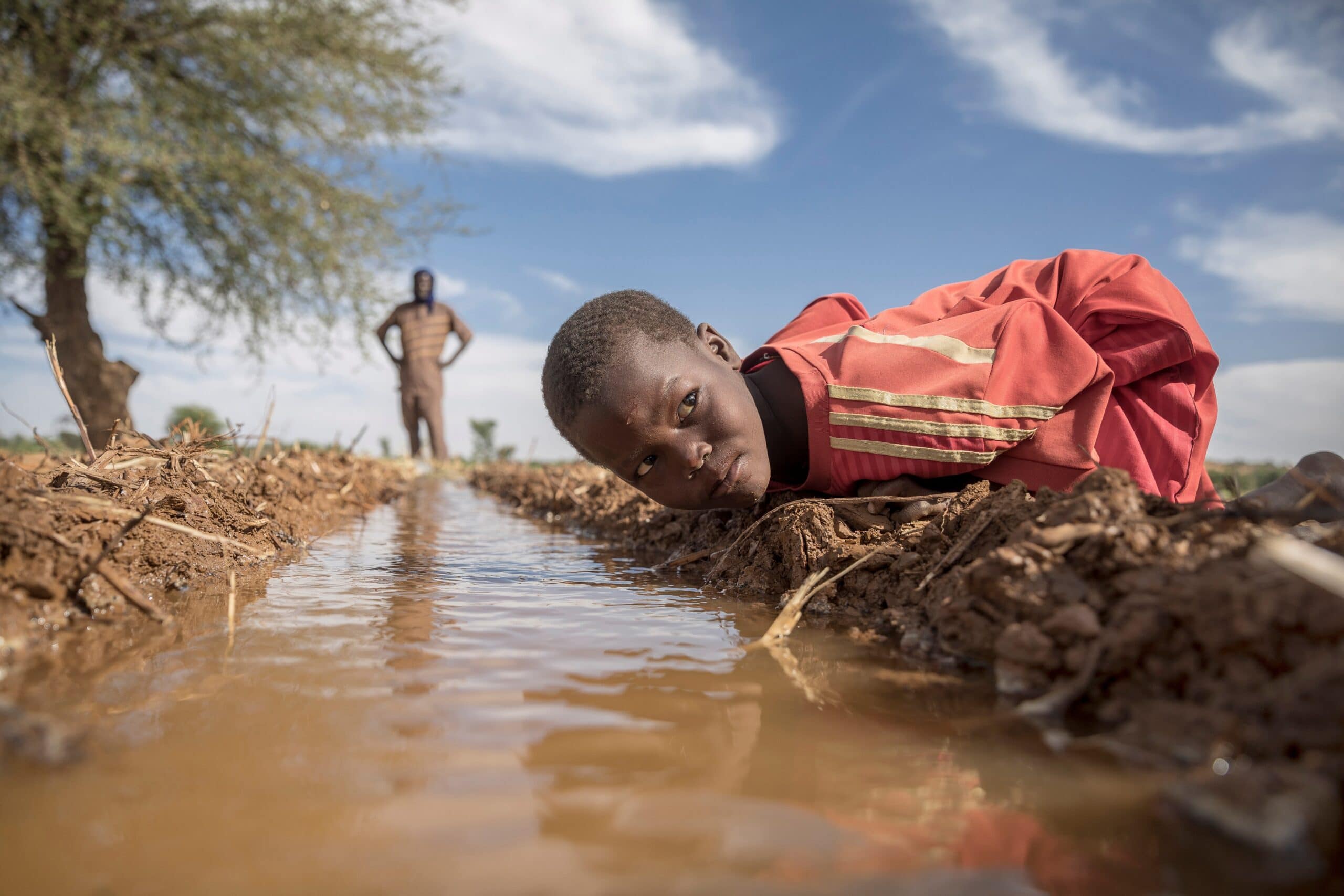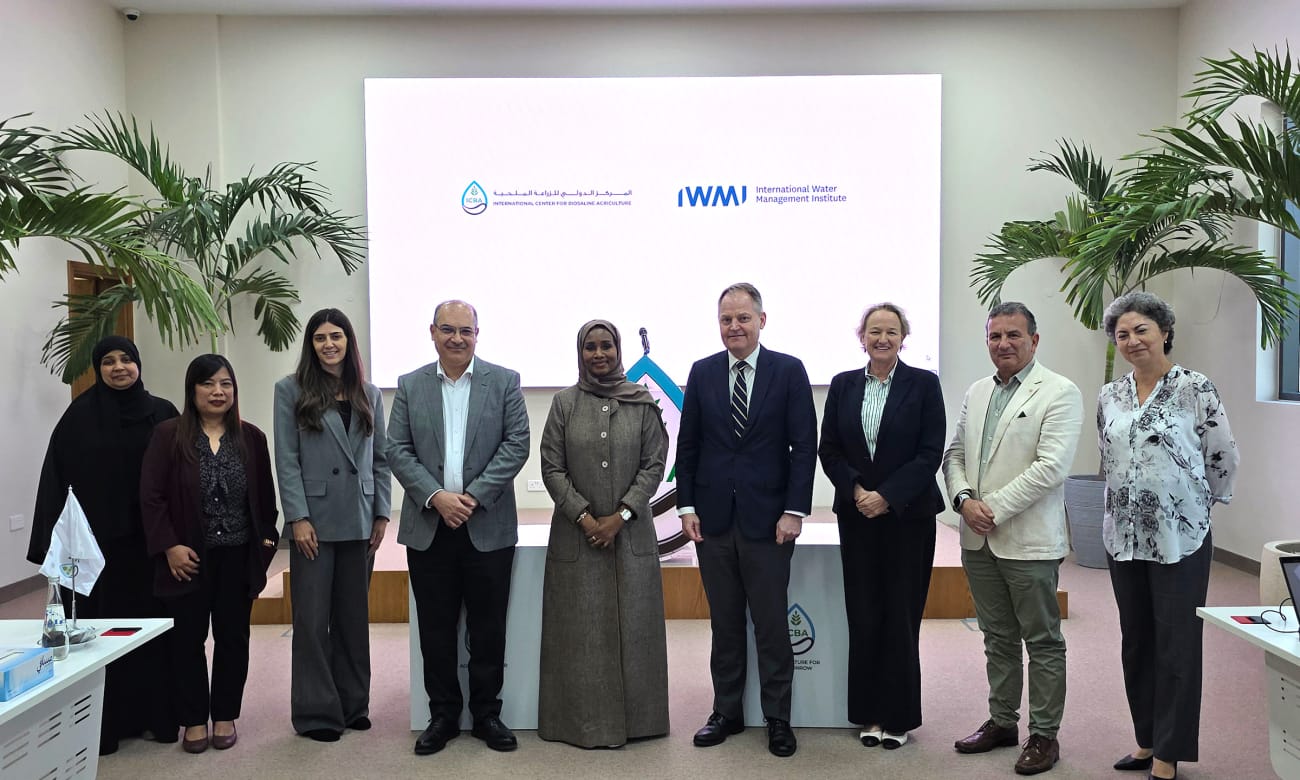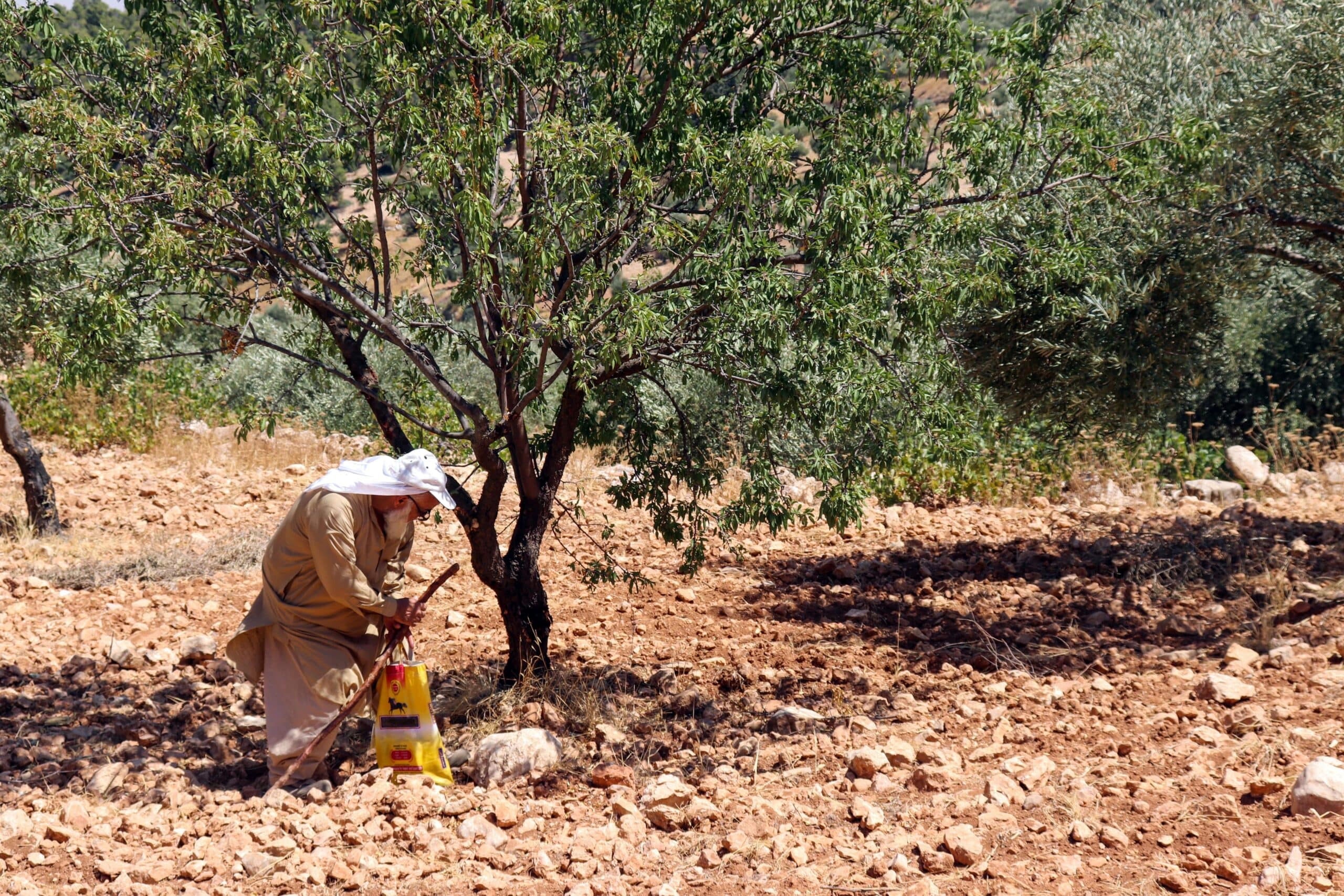Middle East and North Africa
Middle East and North Africa (MENA) is the most water-scarce region in the world, with only about 1% of global freshwater resources. Increasing demand for water from cities, industries and agriculture has pushed the already hot and dry countries of the region into extreme stress. More than 60% of the region’s population has little or no access to potable water.
In the MENA region, it is expected that the occurrence of extreme weather events (such as floods and droughts) will increase as a result of climate change. Increased flooding contaminates water sources and destroys sanitation facilities, while droughts amplify water scarcity with serious impacts on health and agricultural productivity. Smallholder farmers are particularly vulnerable to the impacts of climate change.
In addition, approximately 82% of the region’s wastewater is neither used nor treated and there is room for improvement, and this could help to close the gap between water supply and demand. About 80% of surface water resources and 66% of total water resources in the region are shared between countries, leading to disputes over water resources. By 2050, two-thirds of countries in the MENA region could have less than 200 cubic meters (m3) of renewable water resources per capita per year (the annual average in other geographical regions is about 7,000 m3 per capita).
IWMI in the Middle East and North Africa (MENA)
IWMI supports the MENA countries in resolving the aggravating water security challenges by providing innovative water solutions that respond to regional challenges and national priorities.
Through multidisciplinary team across the region and the larger team in other regional offices and the Headquarters, IWMI MENA will keep intensifying its efforts to deliver water solutions and expand and deepen its impact by combining research with data to enhance knowledge, information services and products; strengthen capacity and set up dialogue for better water management.
At IWMI we believe that no impact scale can be achieved by acting alone, and we are confident that through strengthened partnerships, we can bridge the gap between science, policy, business, and development for a more sustainable resilient future. IWMI will continue to develop strategic alliances with national and international partners and stakeholders across the MENA region and beyond while considering the region and countries specificities. Our partnerships rely on collaboration among scientists, governments, civil society, businesses, development organizations, and users including smallholders.
Regional representative
Contact
For work related to the Middle East and North Africa, please contact our regional office in Egypt.
Get updates
Be the first to know about IWMI research, data, events, and news.








